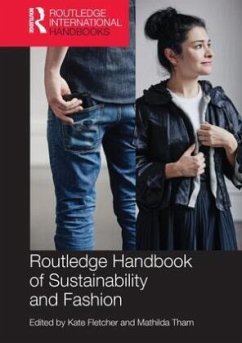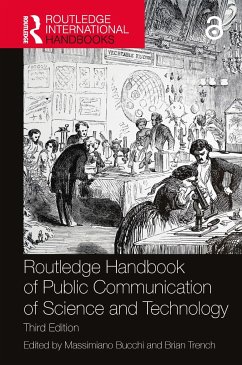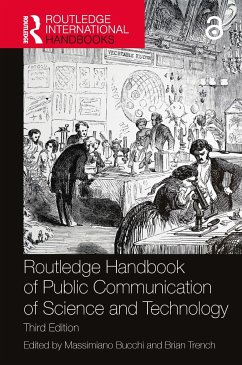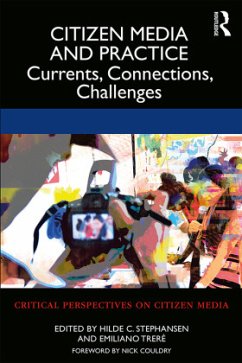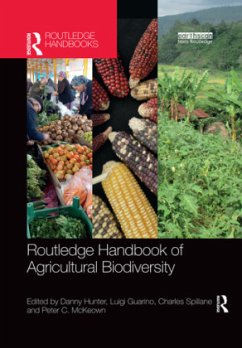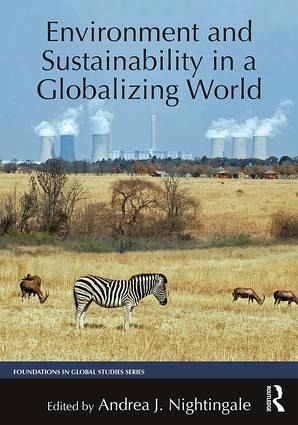
Environment and Sustainability in a Globalizing World
Versandkostenfrei!
Versandfertig in 6-10 Tagen
50,99 €
inkl. MwSt.
Weitere Ausgaben:

PAYBACK Punkte
25 °P sammeln!
From the Foundations in Global Studies series, this student-friendly text follows a two-pronged approach to help readers understand the globalizing processes relating to environment and sustainability, which are examined in a range of disciplines, including environmental studies, geography, global studies, political science, international affairs, comparative politics, and other disciplines. First, it presents foundational material that gives students the conceptual underpinnings required for rigorous analysis. Following the Introduction and Overview, Part One presents a brief historical overv...
From the Foundations in Global Studies series, this student-friendly text follows a two-pronged approach to help readers understand the globalizing processes relating to environment and sustainability, which are examined in a range of disciplines, including environmental studies, geography, global studies, political science, international affairs, comparative politics, and other disciplines. First, it presents foundational material that gives students the conceptual underpinnings required for rigorous analysis. Following the Introduction and Overview, Part One presents a brief historical overview of the concerns revolving around environmental sustainability in the modern era. The text then covers key concepts and theoretical constructs that define the global context for sustainable environmental practices, such as the key thinkers and theories pertaining to sustainable environmental practice, and the key international agencies and treaties involved in global discussions. The first part then explores the various models and ways to measure sustainability, the range of environmental domains at play in the sustainability dialogue, and the controversies surrounding them. Part Two employs case studies to examine theory and practice at work in particular situations. The case studies have been selected with an eye toward comprehensiveness of coverage across disciplines and across regions.








